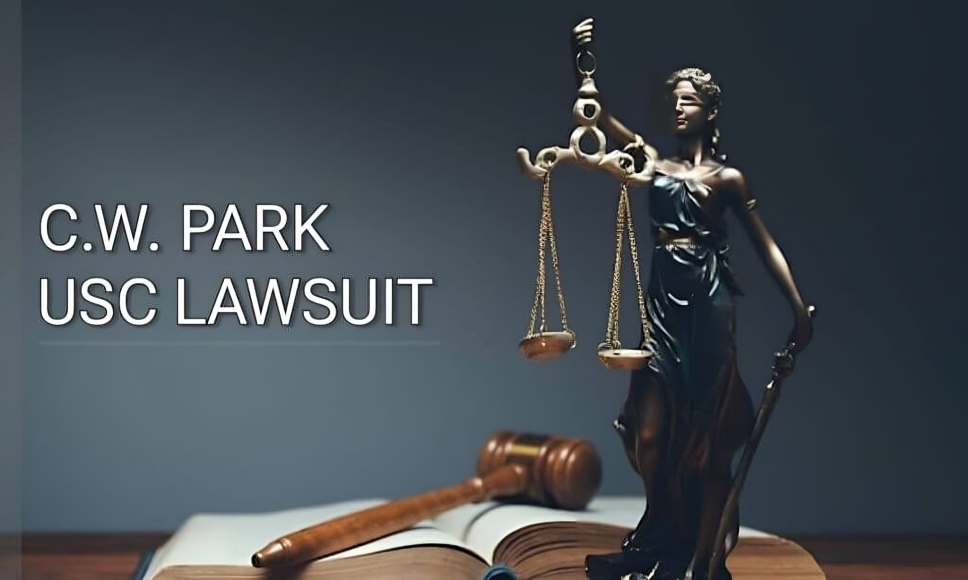In the realm of higher education, few things garner as much attention and scrutiny as legal disputes involving prominent institutions. The C.W. Park USC lawsuit is no exception, drawing significant interest and raising pertinent questions about accountability and responsibility within academia.
Understanding the Case
The C.W. Park USC lawsuit centers around allegations of misconduct and negligence within the University of Southern California (USC). It involves claims against the university and its administration, highlighting issues that resonate far beyond campus boundaries. At its core, the lawsuit challenges how universities handle sensitive matters such as student welfare, ethical standards, and institutional integrity.
Background and Context
To grasp the gravity of the situation, it’s essential to delve into the background leading to this legal battle. The case emerged from allegations against a former USC professor, C.W. Park, accused of misconduct that allegedly spanned several years. The lawsuit alleges that USC failed to adequately respond to complaints and concerns raised by students, faculty, and the broader community.
Legal and Ethical Implications
The unfolding legal proceedings not only underscore the importance of transparency and accountability but also raise ethical questions about institutional priorities. Universities, as stewards of education and ethical standards, face a dual responsibility: to uphold academic integrity while ensuring a safe and supportive environment for all members of their community.
Impact on Higher Education Policies
Beyond the courtroom, the repercussions of the C.W. Park USC lawsuit are likely to influence policies and practices across higher education. Institutions may reassess their approaches to handling misconduct allegations, bolstering safeguards to protect students and faculty alike. The case serves as a poignant reminder of the need for robust frameworks that prioritize fairness, justice, and the well-being of all stakeholders.
Community and Public Perception
For the USC community and observers outside its walls, the case has stirred conversations about trust, credibility, and the social contract between universities and society. How institutions respond to such challenges can shape public perception and influence future enrollment, funding decisions, and alumni relations.
Looking Ahead
As the legal saga unfolds, stakeholders—whether directly involved or observing from afar—are encouraged to stay informed and engaged. The outcomes of this case have the potential to set precedents that reverberate throughout higher education, prompting systemic changes and renewed commitments to ethical standards and student welfare.
Conclusion
The C.W. Park USC lawsuit encapsulates broader themes of accountability and responsibility within academia. It serves as a call to action for universities to prioritize transparency, fairness, and the well-being of their community members. As the legal process continues, it is a poignant reminder of the ongoing evolution of higher education and the imperative to uphold ethical standards in shaping future generations.
In conclusion, the C.W. Park USC lawsuit is not just a legal matter; it is a critical examination of institutional integrity and the obligations universities owe to their students and society at large. By staying informed and advocating for accountability, we contribute to a stronger, more resilient educational landscape.
Don’t miss out on the newest developments—check out mainguestpost.com!

Leave a Reply